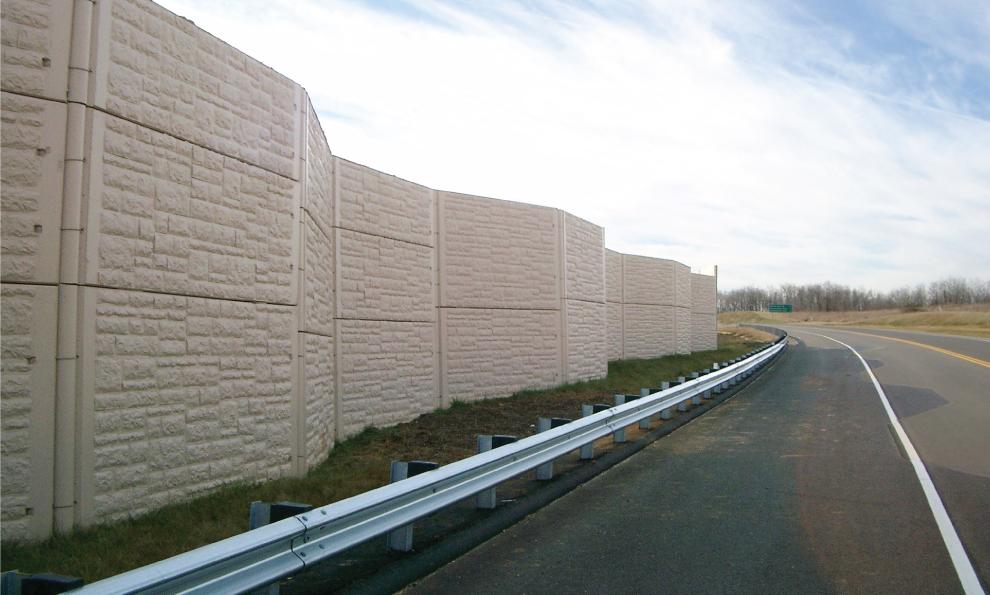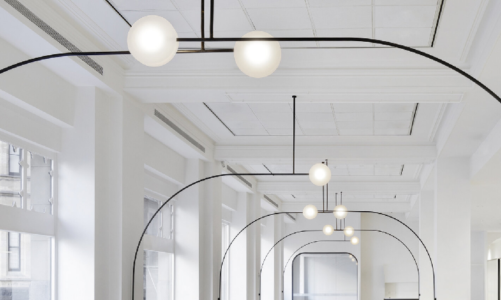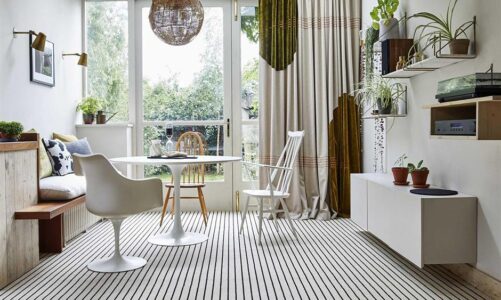Noise is everywhere. It occurs when sounds from different sources clash at the same place. Unwanted sounds become noise when they start creating a negative impact on the environment and those who hear it, such as people and animals.
While noise often occurs outdoors, it is present indoors too. Indeed, it is much easier to mitigate indoor noise because you can easily get to the sources of noise. However, when not controlled properly, indoor noise can cause stress and discomfort to the people exposed to it.
But how do you reduce indoor noise? While some people invest in sound barriers, there are other ways to mitigate unwanted sounds happening within the home or office space. These include:
- Close the windows.
Windows welcome the air into the home or office. They also let the soundwaves in from the outdoors. If you happen to be living or working in a noisy outdoor environment, then it would be ideal to close the windows to prevent the noise from coming in.
Closing the windows helps bar soundwaves from different sources to come into the indoor space. They significantly reduce the noise that comes from traffic jams, nearby construction sites, and other sources.
At the same time, when you are into playing loud music, it also helps to keep the windows closed. Keeping the windows closed prevents the sound waves from being heard by neighbours, who may interpret it as noise.

- Invest in insulation.
Another way to reduce noise indoors is by investing in insulation. Insulating the walls not only keeps your rooms safe from electrocution and other related accidents; they also become more sound-absorbent.
Indoor walls are usually made of concrete. This material may be dense, but it is not fully capable of absorbing soundwaves. By insulating the walls, they become capable of absorbing specific sonic attributes, such as echo and reverb. Mitigating the effect of these attributes likewise make the sounds less annoying to the ears.
- Do wall-to-wall carpeting.
Aside from investing in insulation, wall-to-wall carpeting also significantly diminishes the effect of indoor noise. Carpeting also has strong sound absorption effects, so the impact of noise is reduced as it hits the wall’s surface.
Carpeting helps block soundwaves from penetrating into the walls. You can then keep the noise within a dedicated space without affecting the neighbouring rooms. This is essential in conference rooms, classrooms with speech laboratories, and even concert halls.
- Invest in sound barriers.
Investing in sound barriers proves to be the best way to mitigate indoor noise. Sound barriers can be installed in indoor walls to improve the sound quality in the space. They are used to both absorb and reflect soundwaves.
Sound barriers reflect sounds to keep them from leaking into another area. At the same time, they can absorb certain sonic attributes to reduce the overall impact of the noise.
Echo and reverberation are sound attributes that are not necessarily heard, but are rather felt. High impact noise is not painful to the ears, but also causes great, lingering discomfort. With sound barriers installed, the effects of these attributes are lessened, making the sonic environment more bearable to the people exposed to it.



